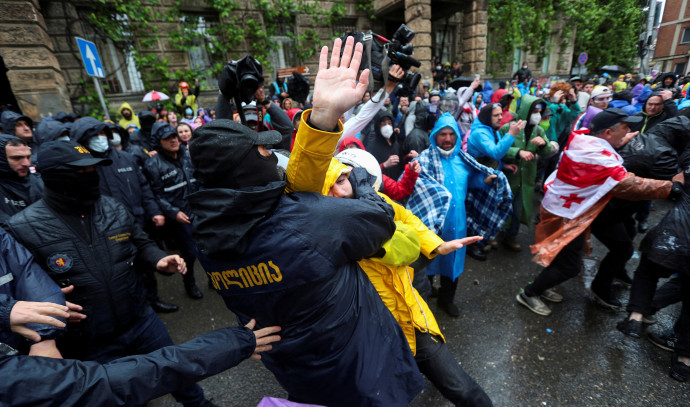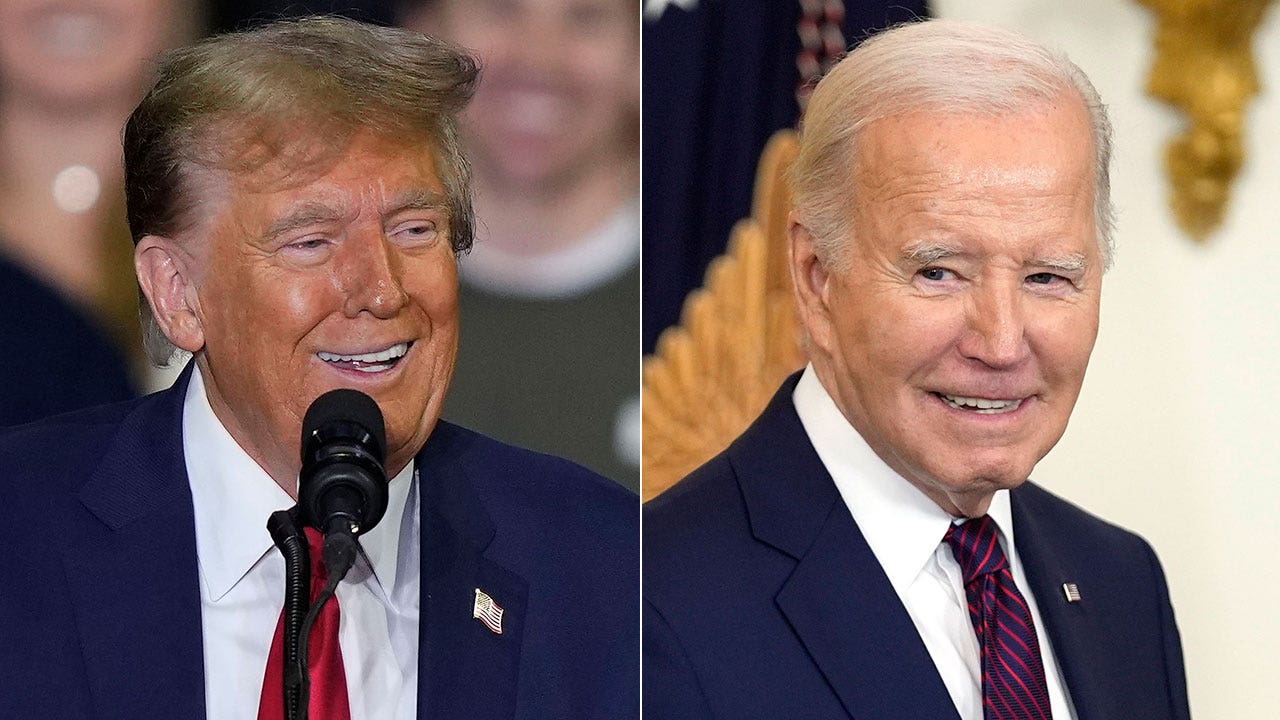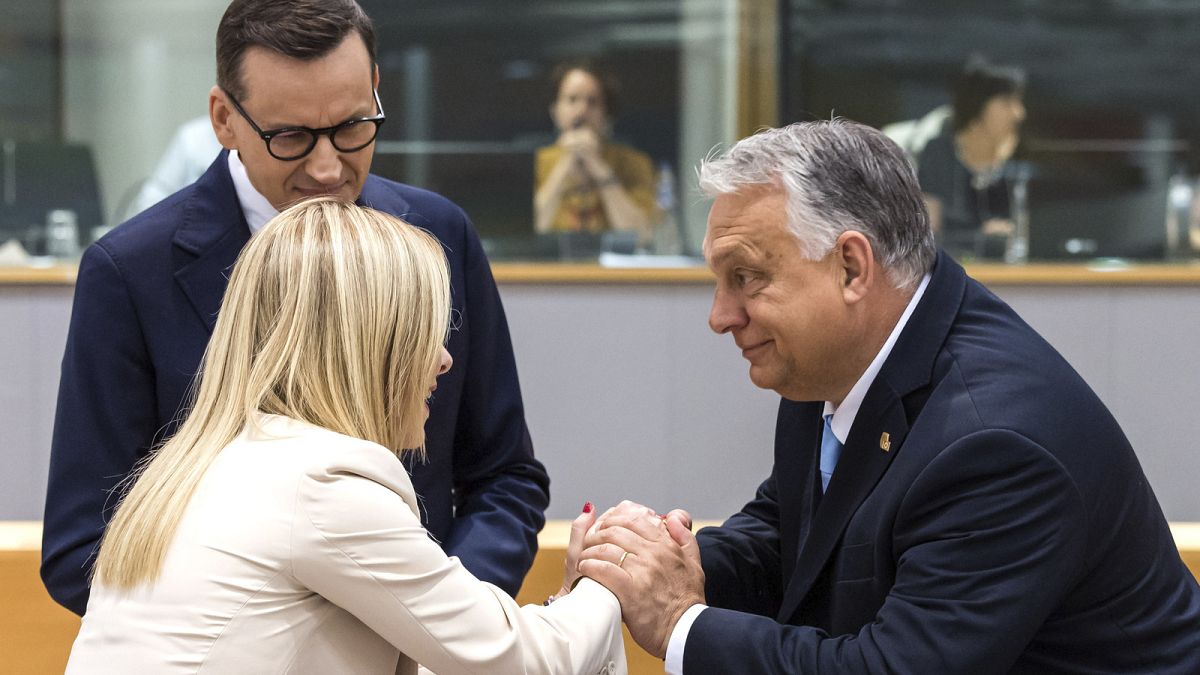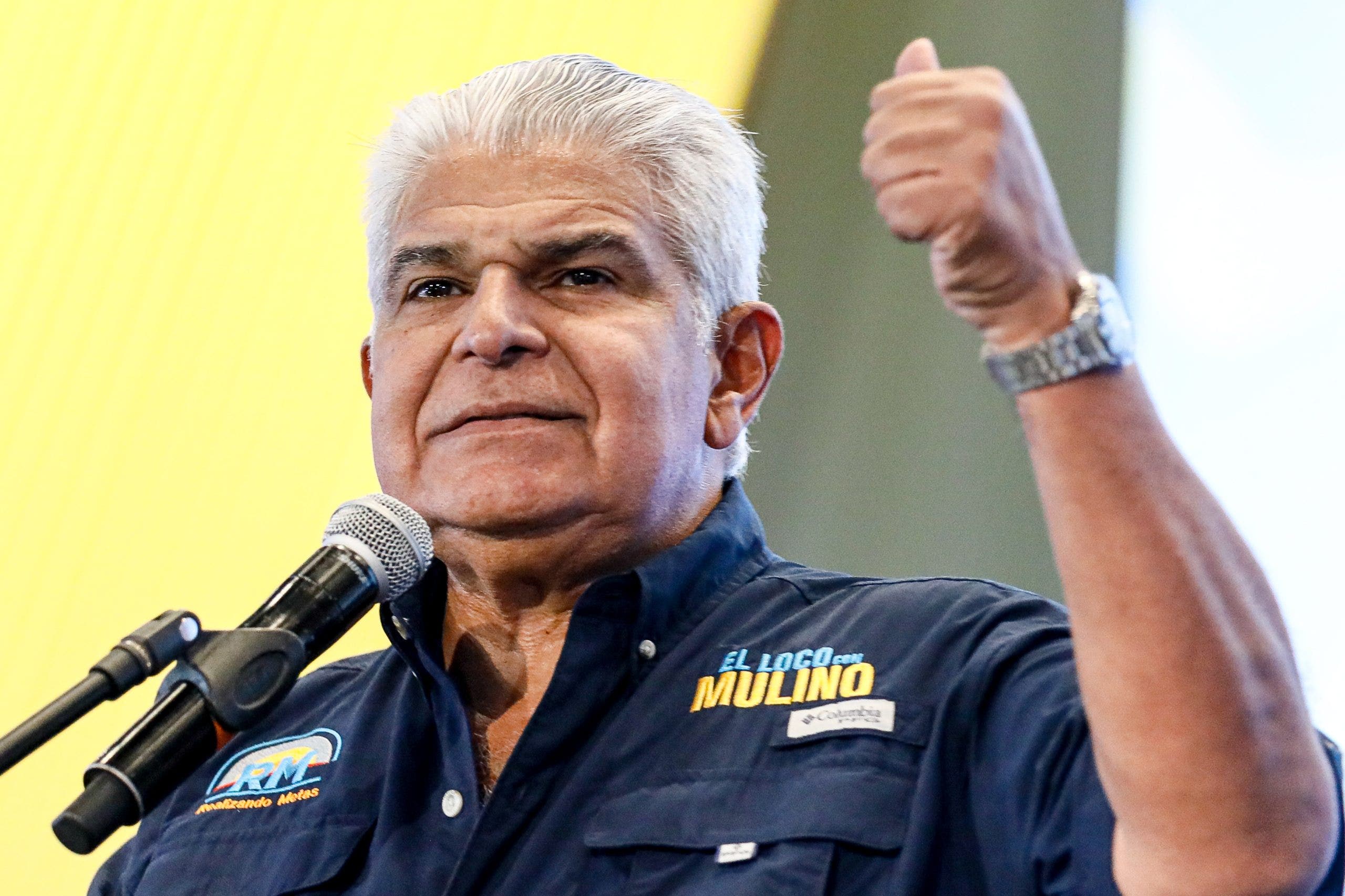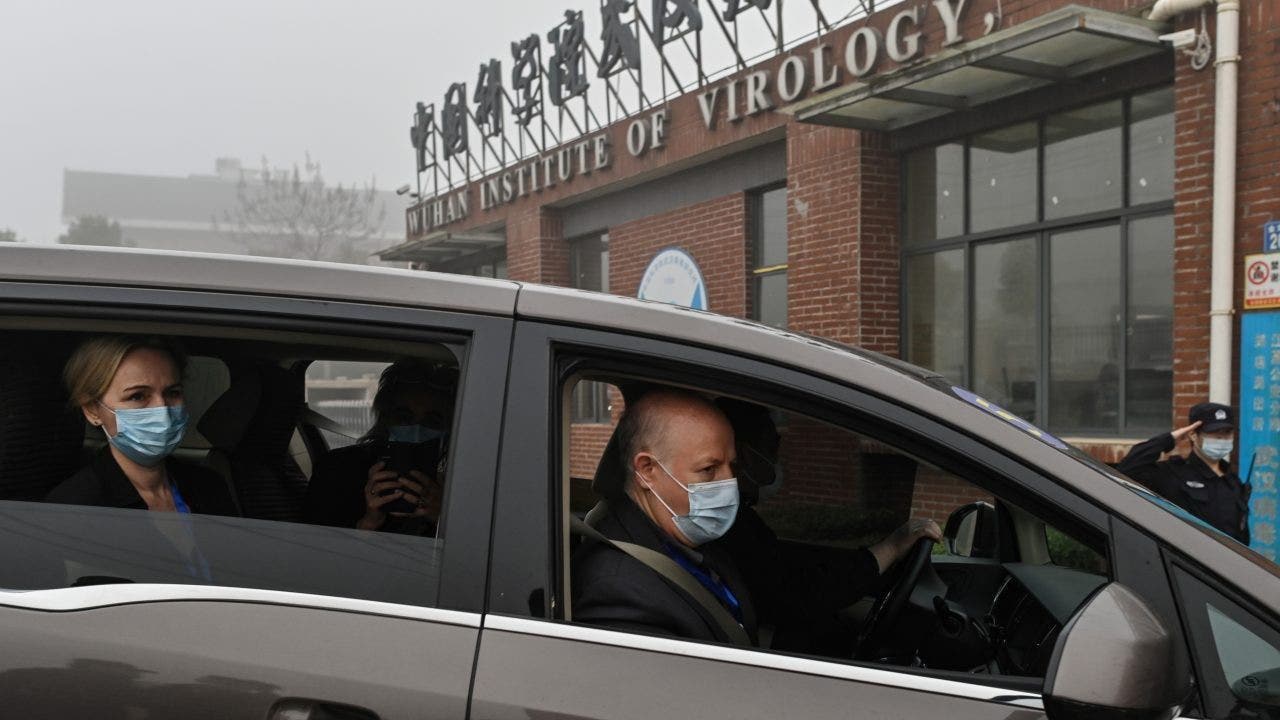Spanish prime minister Pedro Sánchez’s Socialists scored a clear win in the Catalan regional elections on Sunday, as support for pro-independence parties dropped and his party sought to draw a line under more than a decade of separatist turbulence.
The Catalan arm of the Socialist party did not secure enough votes to govern alone, however, pushing it into negotiations with other parties over possible coalitions and voting pacts that could yet include a kingmaking role for the ERC, the least radical brand of separatists.
Salvador Illa, the Socialist regional leader, said “The Catalans have decided to begin a new era” that was open to all — “whatever they think, wherever they come from, wherever they live, whatever language they speak”.
Illa, whose party is a strong defender of Spanish unity, presented the result as a victory over pro-independence forces that have led the regional government for 14 tumultuous years, including an illegal and failed referendum on secession in 2017.
Second place went to Junts per Catalunya, a hardline separatist party led by Carles Puigdemont, who campaigned from France having had to live as a fugitive from Spanish justice over his role in the referendum. However, he was denied his dream of returning to Catalonia to lead a pro-independence coalition government by a collapse in support for the separatist party that has led the incumbent government.
The result was a partial vindication for Sánchez, who has sought to heal some of the divisions created by the referendum, which triggered the worst constitutional crisis in Spain in four decades. His most controversial move has been an amnesty for Puigdemont and hundreds of other separatists, which is due to become law either this month or in June.
Oriol Bartomeus, a political scientist at the Autonomous University of Barcelona, said the 42 seats the Socialists won in the 135-member Catalan parliament, up nine from three years ago, were “oxygen for Sánchez”.
But he also highlighted “good results” for rightwing parties that take a far harder line against separatists. The conservative People’s party, the national opposition, increased its seats from three to 15 while the far-right Vox party maintained its 11 seats.
The Socialist party cannot afford to shun the pro-independence parties entirely because its most likely path to government depends on the support — or at least the co-operation — of Esquerra Republicana de Catalunya (ERC), a separatist leftwing group.
ERC led the incumbent minority Catalan government and was the night’s biggest loser, shedding 13 seats to end up with 20. However, it gains a potentially pivotal role from the progressivism it shares with the Socialists and their possible coalition partner, Sumar, a hard-left group that won six seats.
Toni Roldán, a former centrist lawmaker in Spain’s national parliament who is now at the Esade business school, said joining a coalition with the Socialists would undercut ERC’s hopes of leading the pro-independence movement in the future.
A more likely option, he said, would be for ERC to give the Socialists the votes they need to form a minority administration then make deals from outside government to “agree on some laws”.
Pere Aragonès of ERC, the region’s outgoing president, said the party would move into opposition.
Puigdemont, whose Junts per Catalunya increased its seat count by three to reach 35, criticised ERC for letting down the separatist side.





